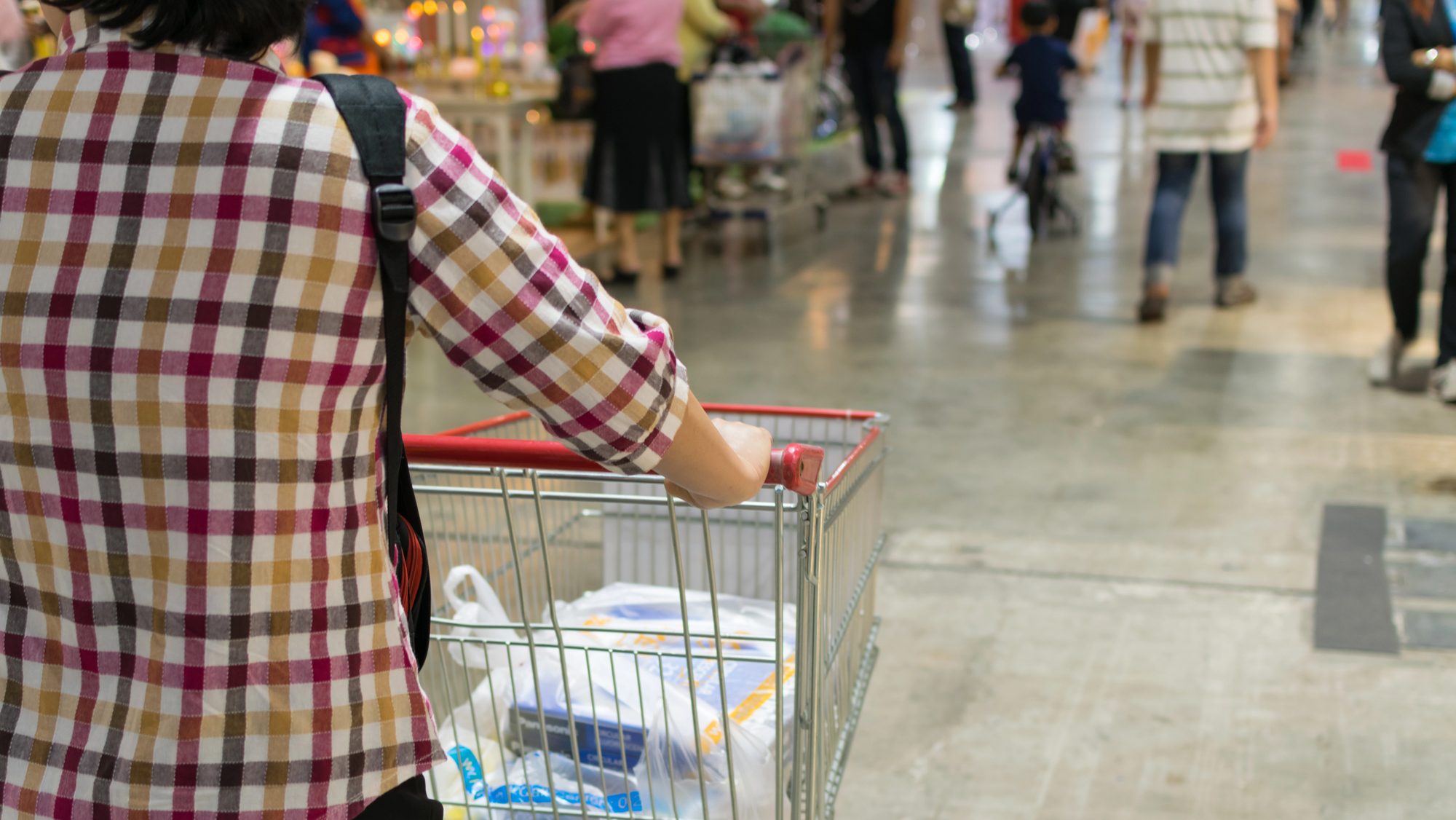MALAYSIA: As part of the state’s push for environmental conservation and sustainability, Penang Green Council will distribute 100,000 reusable bags to residents for the first three months of the state’s “No Plastic Bags Every Day” campaign, starting March 1, according to Bernama.
State Housing and Environment Committee chairman Datuk Seri S. Sundarajoo explained that the free reusable bags will help promote their use and encourage residents to adopt eco-friendly habits. After the initial three-month distribution, he said the reusable bags would be available for purchase after the campaign launch.
Businesses will be given a six-month grace period, until Aug 31, 2025, to adjust to the new regulations. Full enforcement will start Sept 1.
This campaign follows Penang’s long history of tackling plastic use. In 2009, the state was the first in Malaysia to introduce a “No Plastic Bag” policy, banning businesses from providing free plastic bags to customers.
Mr Sundarajoo highlighted that, prior to this, the state had also introduced “No Plastic Bag Days” from Monday to Wednesday, with plastic bags charged at RM1 (S$0.30) each from Thursday to Friday. Since 2009, the initiative has raised RM8 million (S$2.43 million).
According to Mr Sundarajoo, the campaign is not just a policy but a call for sustainability, encouraging residents to reduce single-use plastic by using reusable bags for a greener future.
He also pointed out that businesses, especially supermarkets, department stores, convenience stores, convenience stores at petrol stations, chain stores, pharmacies, commercial establishments, hypermarkets, and fast food outlets, must comply with the new Plastic Bags 2.0 regulations. However, stalls, hawkers, and small traders will be exempt from the rule.
The state government is also working on a plan to phase out not just plastic bags but all single-use plastics in Penang, which Mr Sundarajoo described as an “essential move towards a more sustainable future” to protect the environment for generations to come. /TISG
Featured image by Depositphotos (for illustration purposes only)

